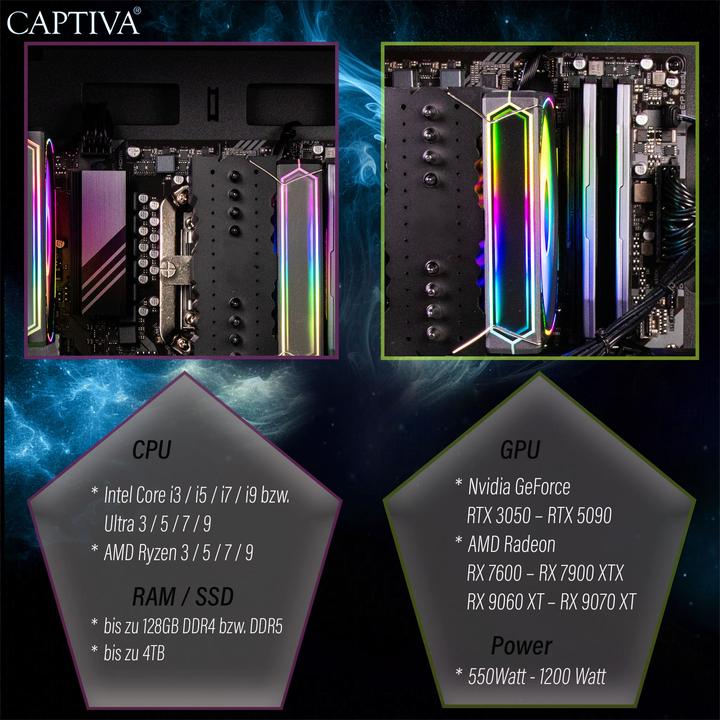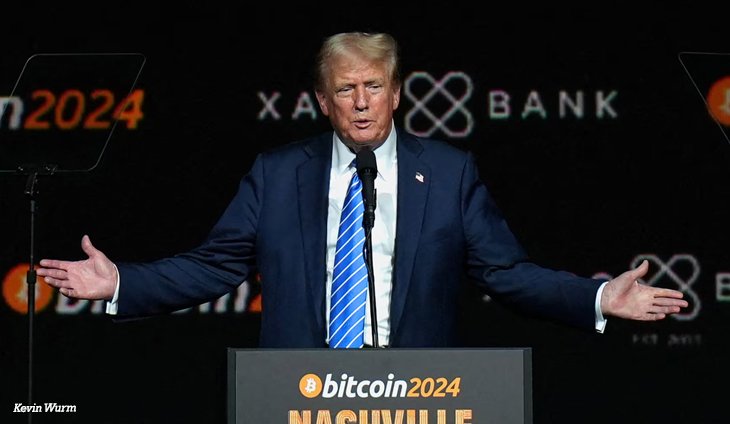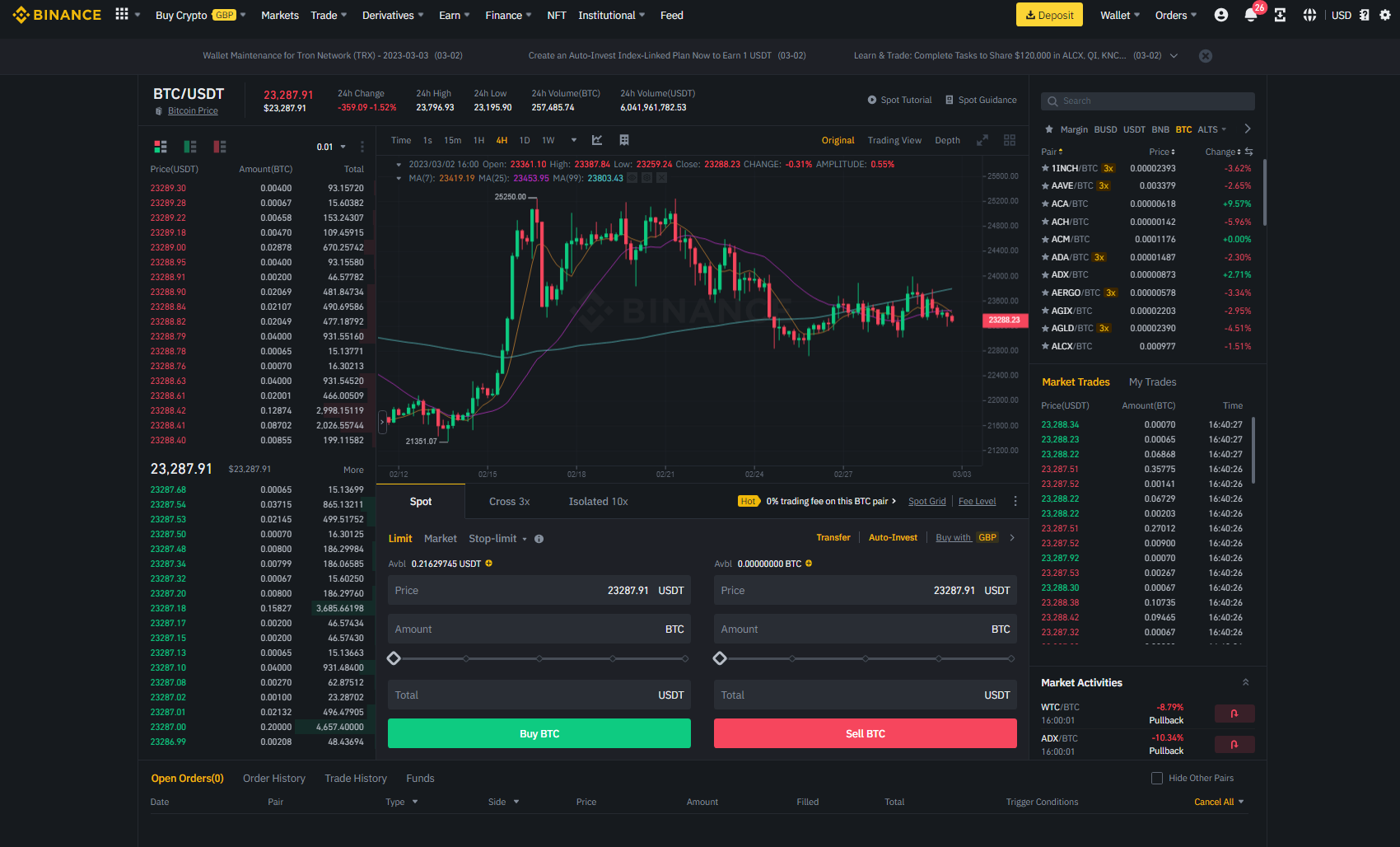us based crypto coins A Comprehensive Overview
Exploring the realm of us based crypto coins reveals a dynamic landscape that is rapidly evolving and shaping the future of finance. These coins not only reflect the innovative spirit of the United States but also play a crucial role in the global cryptocurrency market.
From their definitions to their market significance, the popularity of US-based crypto coins is underscored by their unique characteristics and regulatory environment, making them a focal point for both investors and technology enthusiasts alike.
Overview of US-Based Crypto Coins
US-based crypto coins refer to cryptocurrencies that have been created, developed, or are primarily traded in the United States. These coins play a significant role in the global cryptocurrency market, not only due to their growing popularity but also because they often set trends that influence crypto regulations and investor behavior worldwide. As the market matures, US-based cryptocurrencies are witnessing increased institutional interest and adoption, shaping the landscape for both retail and professional investors.Currently, some of the top US-based crypto coins include Bitcoin (BTC), Ethereum (ETH), and Tether (USDT).
Bitcoin, the pioneer of cryptocurrency, boasts a market capitalization exceeding $500 billion, while Ethereum follows closely with a market cap of around $200 billion. Tether, a stablecoin, maintains its peg to the US dollar with a market cap that regularly fluctuates around $70 billion. The regulatory environment for cryptocurrencies in the US is complex, influenced by various federal and state regulations, which can impact market dynamics significantly.
The ongoing discussions around regulatory frameworks can create uncertainty, yet they also pave the way for a more structured and stable market.
Popular US-Based Crypto Coins

There are several popular US-based crypto coins that have gained traction among investors and developers alike. Here’s a brief overview of some of them:
- Bitcoin (BTC): The first cryptocurrency, known as digital gold, primarily used for peer-to-peer transactions and value storage.
- Ethereum (ETH): A decentralized platform that enables the creation of smart contracts and decentralized applications (dApps), fostering innovation in blockchain technology.
- Tether (USDT): A stablecoin that maintains a 1:1 peg with the US dollar, widely used for trading and providing liquidity in the crypto market.
- Litecoin (LTC): Often referred to as the silver to Bitcoin's gold, designed for faster transaction confirmation times and an alternative to traditional payment systems.
The following table compares the features of these leading US-based crypto coins:
| Coin | Market Cap (approx.) | Use Cases | Technology |
|---|---|---|---|
| Bitcoin (BTC) | $500 billion | Store of value, peer-to-peer transactions | Blockchain with Proof of Work |
| Ethereum (ETH) | $200 billion | Smart contracts, dApps | Blockchain with Proof of Stake (transitioning) |
| Tether (USDT) | $70 billion | Trading, liquidity provision | Blockchain agnostic, supports multiple platforms |
| Litecoin (LTC) | $15 billion | Payment processing, remittances | Blockchain with modified Proof of Work |
Each of these coins has unique selling propositions that set them apart from their international counterparts. Bitcoin is revered for its brand recognition and security, while Ethereum's smart contract functionality opens up a myriad of decentralized applications. Tether’s stability makes it a reliable choice for traders, and Litecoin's faster transaction speeds cater to those seeking efficient payment solutions.
Investment Trends in US-Based Crypto Coins

The investment trends surrounding US-based crypto coins have been evolving, with a noticeable shift towards institutional investment. Factors such as increased availability of crypto investment products, growing acceptance by mainstream financial institutions, and heightened market awareness are influencing these trends. In recent years, investments in US-based cryptocurrencies have surged, with a reported growth of over 300% since 2020. A significant portion of this growth can be attributed to the influx of retail investors during the COVID-19 pandemic, as more individuals sought alternative investment avenues amid market uncertainties.Investor demographics indicate that a diverse range of people are engaging with US-based crypto coins.
Younger investors aged 18-34 make up a substantial segment, often favoring coins like Bitcoin and Ethereum. However, there's also an emerging interest from older demographics, particularly those aged 35-54, who are increasingly looking to incorporate cryptocurrencies into their portfolios.
Use Cases and Applications
The real-world applications of US-based crypto coins span various industries, demonstrating their versatility and potential. In finance, Bitcoin and Ethereum are utilized for remittances and decentralized finance (DeFi) platforms, respectively. In healthcare, blockchain technology is employed for secure patient data management and supply chain tracking. The gaming industry also benefits from cryptocurrencies, with several platforms enabling in-game transactions using these coins.A few notable case studies include:
DeFi Lending Platforms
Platforms like Aave and Compound utilize Ethereum to allow users to lend and borrow assets, showcasing how crypto can disrupt traditional banking.
Supply Chain Management
Companies like VeChain leverage blockchain technology to enhance transparency and traceability in product supply chains, particularly in the food and pharmaceutical sectors.
Gaming
Axie Infinity has popularized the use of cryptocurrencies in gaming, allowing players to earn tokens through gameplay and trade them on exchanges.Looking to the future, potential use cases for US-based crypto coins are vast, including advancements in artificial intelligence integration, broader adoption within e-commerce, and even government-backed digital currencies.
Risks and Challenges
Investing in US-based crypto coins is not without its risks. Market volatility remains a significant concern, as prices can fluctuate wildly within short periods. Regulatory challenges also pose threats, with an evolving landscape that may lead to sudden changes in compliance requirements, affecting how cryptocurrencies are traded and managed.Common misconceptions about US-based crypto coins often stem from a lack of understanding of the technology and market dynamics.
Some believe cryptocurrencies are entirely anonymous, while in reality, transactions are recorded on public ledgers that can be traced. Others think that investing in crypto is akin to gambling, whereas it involves thorough research and strategic planning.Compared to foreign cryptocurrencies, US-based coins face unique factors, such as stricter regulatory scrutiny and the need for compliance with federal laws. This can lead to a more stable environment for investors, but it also means that US-based coins may not experience the same level of speculative frenzy seen in less regulated markets.
Future Outlook for US-Based Crypto Coins
Emerging trends are likely to shape the future of US-based crypto coins significantly. Technological advancements, such as improvements in blockchain scalability and security, combined with anticipated regulatory changes, will be pivotal in defining the landscape. Key players in the US cryptocurrency space include established platforms like Coinbase and Binance US, as well as emerging projects focused on solving specific market challenges.
Their influence will be critical in steering innovation and adoption rates in the coming years.An infographic could illustrate potential future scenarios for US-based crypto coins over the next five years, highlighting aspects such as projected market growth, anticipated regulatory frameworks, and evolving investor demographics.
Last Word
In summary, the journey through us based crypto coins highlights their potential and challenges within a fast-paced market. As these coins continue to innovate and adapt, staying informed on the latest trends and developments will be essential for investors and users navigating this exciting space.
User Queries
What are US-based crypto coins?
US-based crypto coins are cryptocurrencies that are primarily developed, traded, or regulated within the United States, making them significant players in the global market.
How do US regulations affect crypto coins?
US regulations can impact the trading, development, and adoption of crypto coins through compliance requirements and legal frameworks that influence market behavior.
Are US-based crypto coins safer than foreign coins?
While US-based coins may have more regulatory oversight, safety also depends on market conditions, technology, and individual coin stability.
Can I invest in US-based crypto coins from abroad?
Yes, many platforms allow international investors to access US-based crypto coins, but users should be aware of local regulations regarding cryptocurrency trading.
What are some common misconceptions about US-based crypto coins?
Common misconceptions include the belief that all US-based coins are secure and regulated, whereas the level of security and compliance can vary widely among different coins.




























